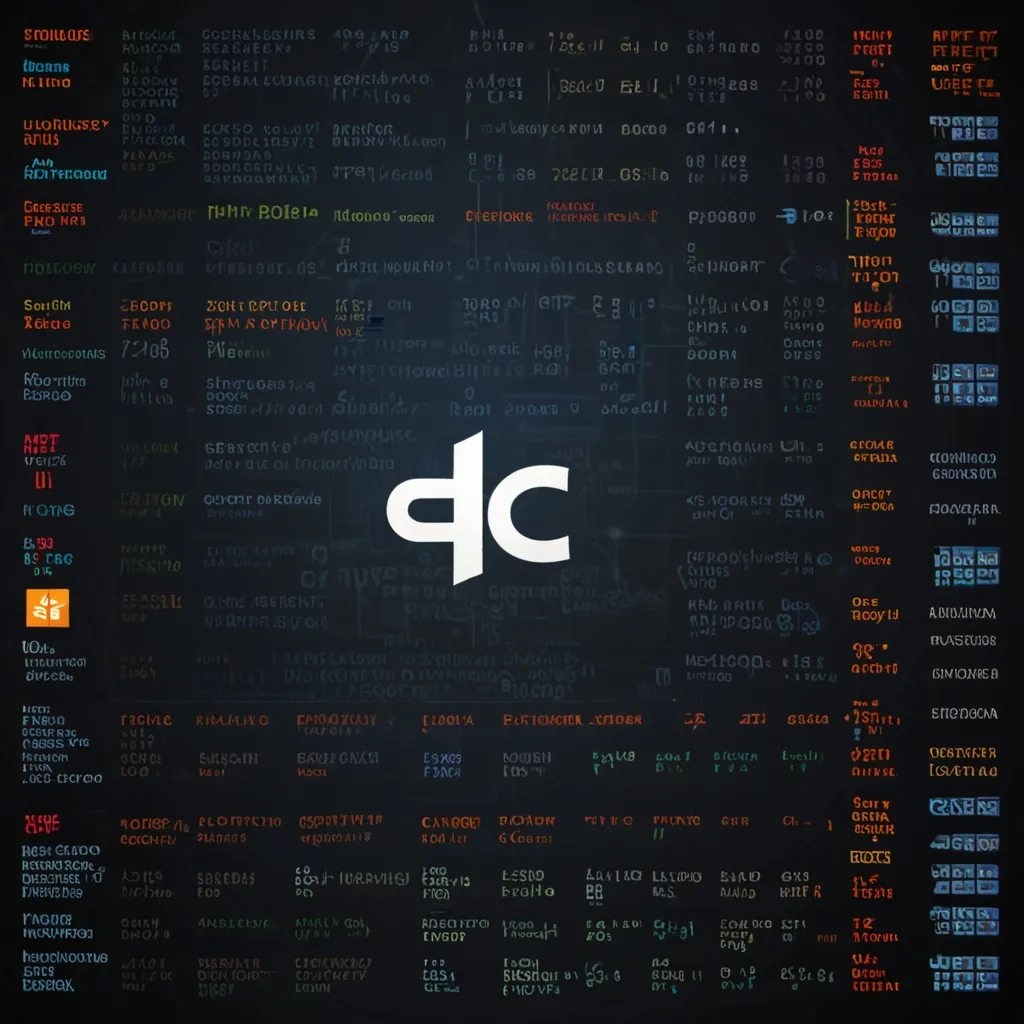C++ is a beast in the programming world, famous for its high-octane performance and flexibility. Cooked up by Bjarne Stroustrup back in the early ‘80s, it’s now an all-star in a plethora of industries like gaming, real-time simulations, and systems programming.
When it comes to the heart of game development, C++ reigns supreme. Developers dig it for its raw speed and fine-tuned control. Games, needing that real-time magic, find their perfect partner in C++. Unlike Java or Python, C++ wows everyone with its fast-as-lightning execution. It’s no wonder legendary games like Counter Strike, Diablo I, StarCraft: Blood War, and World of Warcraft have their roots in C++. This language is a wizard with hardware interaction and memory manipulation, crafting those mind-blowing graphics, real-time simulations, and epic AI interactions we all love.
Take Unreal Engine and Unity, for example. These game engines, which bring 3D and multiplayer games to life, bank on C++‘s power. They need to juggle towering piles of data and complex real-time calculations, a job C++ handles without breaking a sweat. The freedom C++ gives developers to tweak code exactly how they want it makes it a favorite in the gaming world.
But the magic of C++ isn’t confined to just games. It’s a game changer for real-time simulations and scientific computing too. Over in fields like physics, chemistry, and engineering, C++ gets to work simulating intricate phenomena and running numerical analyses. Its powerhouse capabilities make it a go-to for scientific software development. Picture cheminformatics and computational chemistry, where C++ runs the critical parts of computational algorithms, keeping simulations purring efficiently.
When dealing with scientific simulations, C++ offers the kind of hardware control that’s crucial for tasks needing precise and deterministic memory allocation. This is vital for real-time simulations, whether it’s forecasting the weather or modeling molecular dynamics.
C++ is also a heavyweight in systems programming. It’s THE language for crafting operating systems, device drivers, and network protocols. Its low-level perks allow for super-efficient memory management and system resource control, making it spot-on for such tasks. You’ll even find elements of Windows and Linux relying on C++.
Zooming into the world of embedded systems, C++ steps in to program devices like medical equipment, automotive systems, and IoT gadgets. These systems need to run like clockwork in real-time and C++ delivers the goods. Its efficiency ensures embedded systems glide smoothly without hiccups, making it a budget-friendly choice in this sphere.
Let’s talk cross-platform development and networking. One of C++‘s big wins is its ability to run on different platforms—Linux, Mac, Windows, you name it. This trait is a godsend for game devs, particularly when releasing games on multiple platforms. Plus, its networking chops are top-tier, essential for multiplayer games needing swift and seamless interaction.
In multiplayer game development, for instance, C++ ensures data packets whizz back and forth efficiently, providing that sweet, smooth gaming experience everyone craves. This top-notch performance is critical, especially as esports and VR/AR gaming skyrocket in popularity.
Artificial Intelligence and Machine Learning have also found a friend in C++. Modern gaming leverages AI to sculpt realistic NPC behaviors and complex decision-making. C++ steps up to handle these demanding computational needs, creating more interactive and immersive gaming experiences.
And in high-performance computing, C++ again proves its mettle. Whether it’s coding whole software suites or just the crucial performance bits, C++ shines. Its skill in utilizing hardware resources makes it a darling among scientific software developers. Parallel processing and distributed computing are its playground, ideal for tackling numerical analysis and physical phenomena simulations.
Despite not being the top pick for front-end web development, C++ has a key role in the backend landscape. Web servers, network protocols, and communication software love C++ for its speed and reliability. Take the Apache HTTP Server, for example, built with C++ and a testament to the language’s aptitude in handling high-traffic sites and intricate server-side tasks.
C++ also underpins many high-level libraries across different domains. Libraries like Boost and the Standard Template Library (STL) offer loads of functionality and tools for C++ programmers, boosting productivity. They come packed with ready-to-use components, making the development of complex software a breeze.
Looking ahead, C++ isn’t going anywhere. Amid a sea of new programming languages, it holds its ground firmly. With fields like VR and AR gaming on the horizon, C++‘s future looks blazing. Its evolving standards and fresh features ensure it keeps staying relevant. Plus, the vibrant and bustling C++ community means there’s a treasure trove of support and resources for developers.
So, don’t sleep on C++. It’s a robust, versatile powerhouse making waves across diverse high-performance applications. Whether it’s game development, scientific computing, systems programming, or anything in between, C++ delivers the speed, control, and customization developers yearn for. Its long-standing relevance and strong community support solidify its place as a cornerstone in modern software development.






